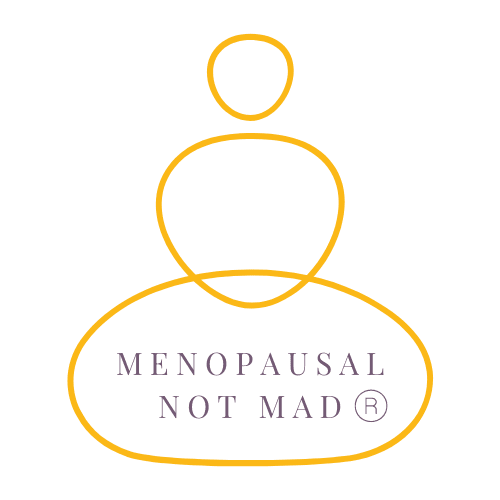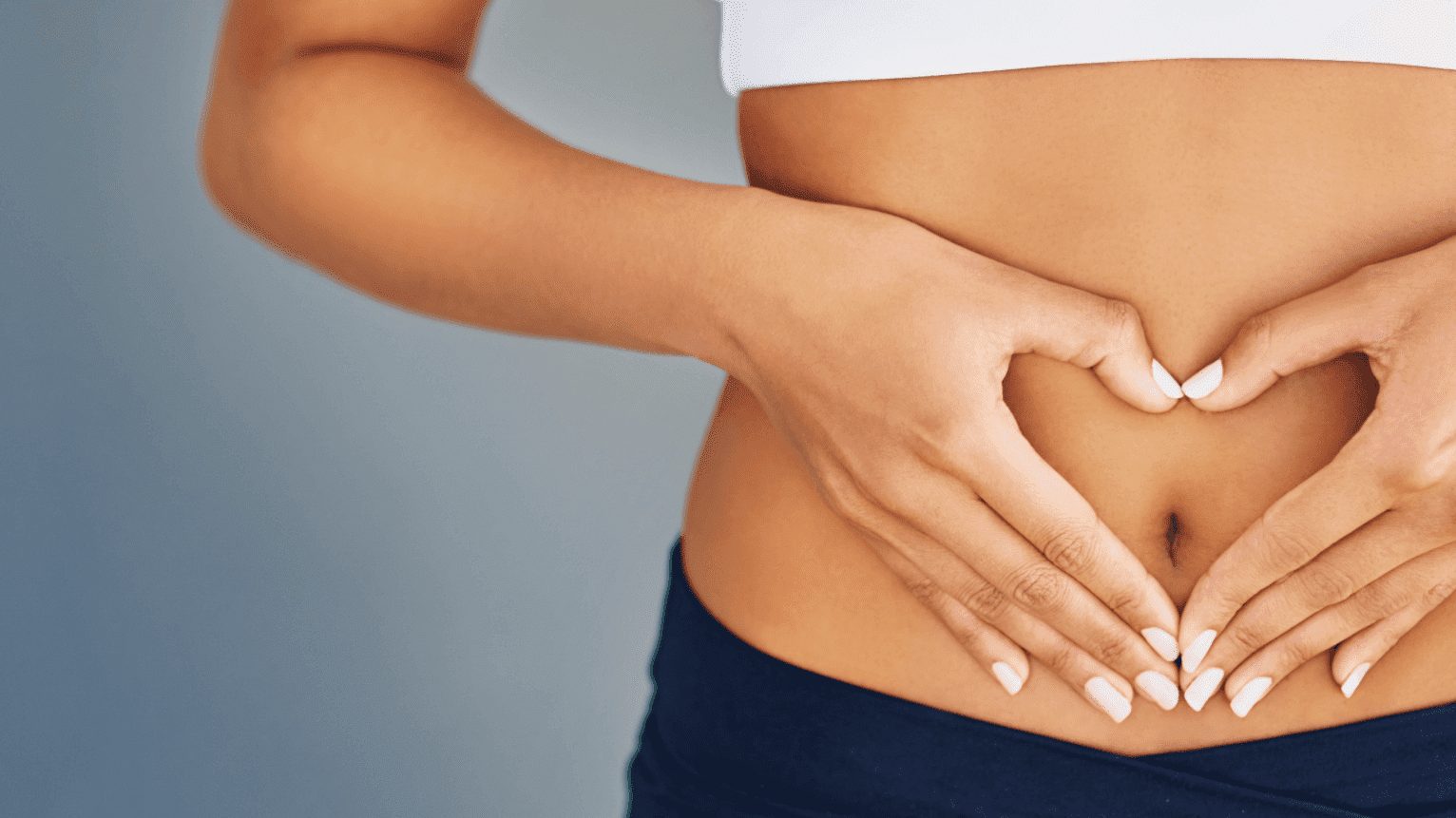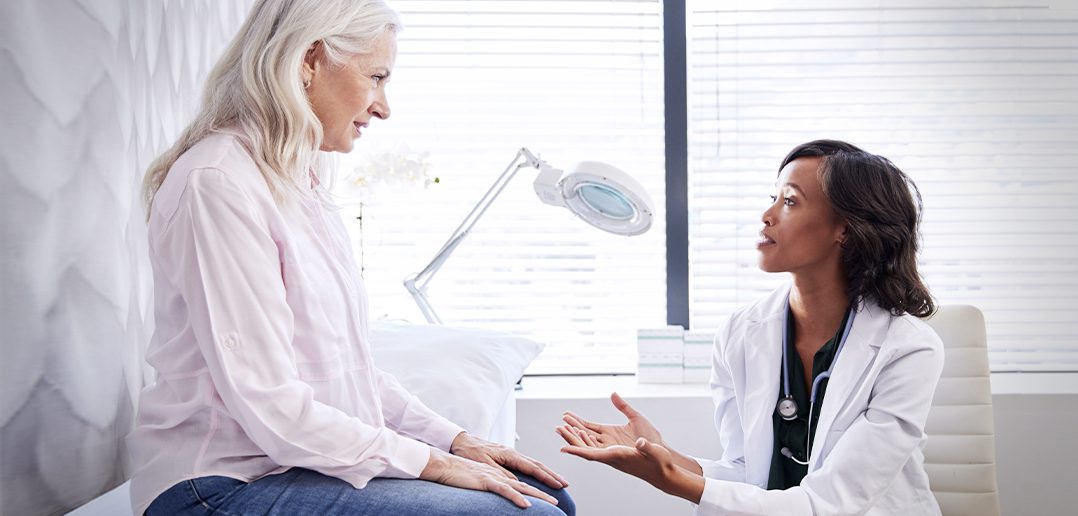Background: It’s Nothing Serious!
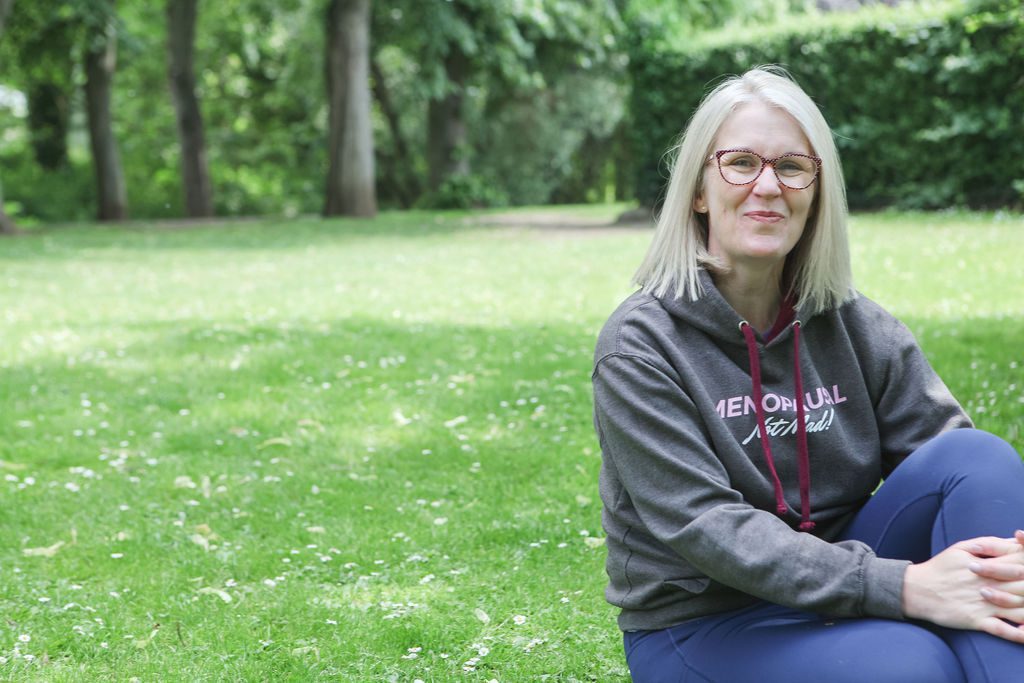
Hi there! I’m Jane and this is the first of the lighthearted but fact based and hopefully helpful blogs on my journey towards, & follow up to, hysterectomy and prolapse repair (currently aiming for October 2022)
I can sense you closing your legs at the thought of that already! but don’t panic!, I’m all about identifying the practical solution and positivity in everything, so you’re in good hands and I promise to be kind as we travel through this together.
I do tend to say it how I see it and sometimes go off on a tangent but we’ll still end up in the same place; albeit maybe taking the scenic route to get there.
I am not a doctor but am passionate about women’s healthcare, and have been studying and working in this area for a good few years now, specifically focussing on HRT and pelvic health. My blogs on this topic will be based on a mixture of my own experiences and the science around the associated diagnoses and procedures.
So let’s start with the basics of what’s going on then see how we go over the next few months together.
The Background
As I type this I’m 55 years old and still have a very temperamental uterus alongside a rather unhappy prolapsed bowel and bladder (fun times!)
You may know these as Rectocele (bowel prolapse) and Cystocele (bladder prolapse)
..But I’m jumping way too far ahead as it’s taken me around 15 years to get to this point of actually planning my operation with a fabulous specialist (I may mention him by name in later blogs but I’m not sure he has any interest in being part of my online nonsense!)
My main reason for getting all this very personal information out there, is primarily to help anyone who is experiencing signs of prolapse, bowel/bladder dysfunction or debilitating pelvic symptoms; in order to remove the fear and the confusion from the process of trying to work out what is happening.
I have fought for many years to get what I need and have been told numerous times that “it’s common“, “not a problem” and “nothing serious!“
I beg to differ and although not life threatening, it has been extremely life impacting and limited my ability to do things.
My community of menopausal women already benefit from everything I know about HRT and menopause so now I can add this to the list.
Having said that; I do love writing and let’s be honest; I’m a prolific over-sharer which gets me into a lot of trouble!
In the Beginning…
Well maybe not quite at the beginning but the start of the issues at least.
In 1999 I was 32 and having my second child. I was considered to be an older mother in those days, which even then seemed a little harsh but what did I know?
I begin my tale at that stage of my life as this was when my insides were treated less than lovingly.
My menopause community know that I do not encourage or even allow the badmouthing of medical staff who are trying to do the best they can, so for the purpose of this and other articles I will just say that the medical team were ‘not fully informed’ that having an 11.5lb baby would very likely wreak havoc with my pelvic organs (uterus, bladder and bowel)
I was not offered any aftercare or information so I quite simply got on with it as I allowed the haemorrhoids to heal! (I know you know what I mean)
Fast forward 6 years or so, to what I now know was the start of peri menopause for me (considered to be premature peri menopause but not actually that unusual), and it was starting to become clear that things were not the same as they used to be.
My Bowel/Bladder Prolapse – Are my Insides Falling Out?!
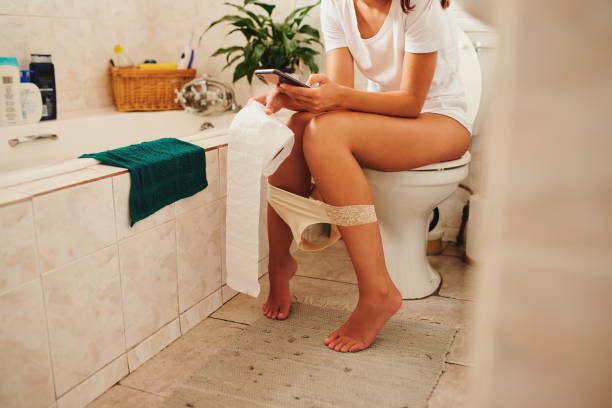
I will address the bowel and bladder slightly separately from the uterus issue. The reason for this will will soon become clear.
The simple answer to the above question is no my insides are not falling out! but over time I became aware of some unwanted symptoms (aside from my other peri menopausal symptoms which are for another blog).
Now! peri menopause is relevant, as this is when the pelvic floor muscles which support our pelvic organs, can weaken, as our hormones decline (specifically estrogen); therefore often aggravating a previous weakness (as in my case).
You don’t actually need to have a previous weakness though so even if you haven’t had children you may still have a prolapse in the future so pelvic floor exercises and avoiding becoming constipated are key to a healthy pelvic floor.
My body had coped relatively well until that point, but then peri menopause arrived and my pelvic muscles popped on their slippers and dressing gown, picked up a good book and sat down to watch a chic flick!
I have been asked many times how you would know whether this was a problem for you so in simple terms (I do like simple) it’s different for everyone, but you may become aware of being more constipated and more bloated (if these are new symptoms, they always need checking out with your doctor as they could be caused by other more serious problems such as bowel cancer but usually they are nothing to worry about), or you may feel a dragging feeling when going to the toilet.
You may also be aware that you need to pass urine more often and can’t easily empty your bladder, OR the need to do so becomes an urgent need for a bowel movement as well!
This is due to the muscles which usually hold everything in their correct places, having become too weak to do their job properly, resulting in lots of pushing and elbowing for space in your pelvis!
If your prolapse is more severe you may actually feel or see a bulge popping out when you go to the toilet. This is the bowel or bladder not being kept in place by the muscles which have become weak.
It isn’t life threatening but is very inconvenient and can feel quite scary and uncomfortable.
For me, the overall end result has been years of extreme bowel upset and toilet anxiety which I wouldn’t even have said was a real thing 15 years ago!
My Uterus/Womb
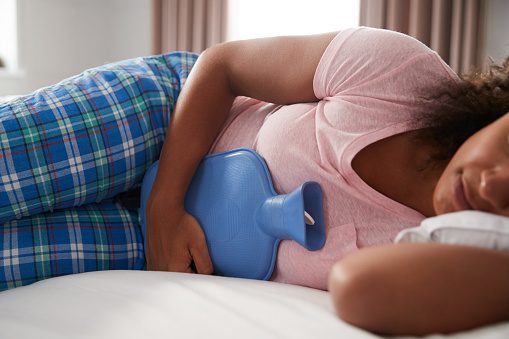
In my situation there are a number of reasons for me wanting to have a hysterectomy and as you can imagine it’s a very individual thing (I seem to say that a lot!)
You may have endometriosis, adnenomyosis, very large fibroids, excessive bleeding or something more serious, but in my case the reasoning is none of the above.
I am very aware that I am prone to prolapse and there is a good chance I will have a uterine prolapse following the surgery for the above prolapses or maybe as late as in 10-20 years time.
My logic and that of my surgeon is that it’s better to have the operation whilst I am young enough to heal well and recover relatively quickly (I assume he means I’ll be running marathons within 2 weeks – only joking!))
I have also had to have regular pelvic scans, biopsies and polyp removals since being post menopausal which have always been clear and successful but they are not pleasant of course and each one is a drain on NHS resources. I am obviously on HRT (I know that won’t surprise you!) and have been post menopausal for a few years but we all know that even though we’re used to be poked and prodded about from early on when we had our first smear; having a gynae procedure is still a little stressful (although ridiculously simple and wholly necessary if you still have your cervix of course)
Ultimately, at my well seasoned age and with the plans I have to travel and get on with life, my uterus, my cervix and I are ready to part ways (known as a total hysterectomy)
I’m now considering making my uterus into a handbag for posterity 🙂
*Fun Fact:
No uterus = no need for progesterone with my HRT
and even better…
No cervix = no more smears!
Cheers to that!
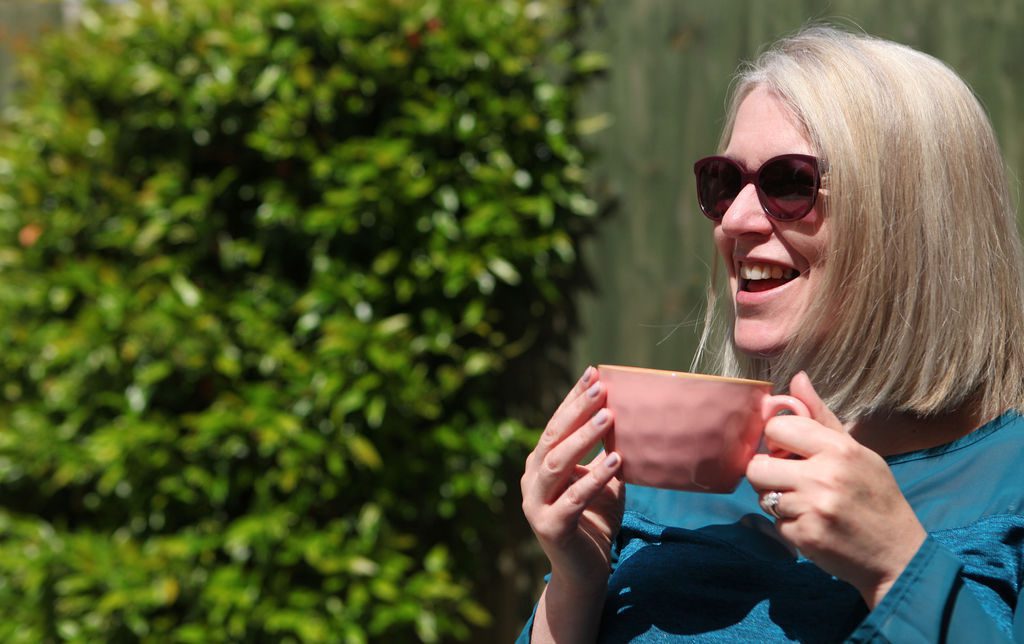
I think that covers the basics.
I hope I haven’t sent you screaming into the distance and you feel somewhat reassured that if this is something that feels familiar for you; it’s all going to be fine and there’s always a way
Parts 2 & 3 available HERE
Part 4 available HERE
If you would like to join the email list for monthly updates; you can do that HERE
Jane Pangbourne is married to Roger and dedicates her time to HRT research & education.
She is also Founder of Menopausal Not Mad and The HRT Truth Collective
When you need more individual help with your symptoms or your HRT choice you can book a 1:1 consultation from HERE

